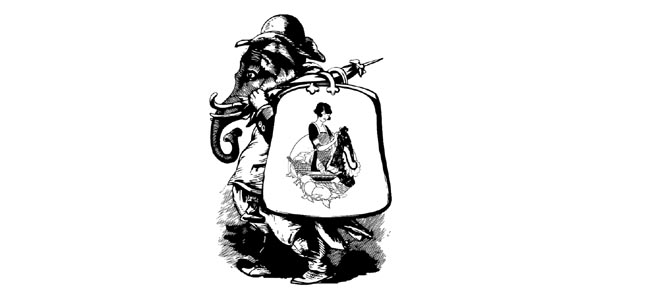Roe v. Wade and Beyond: Ruth Rosen Responds
Roe v. Wade and Beyond: Ruth Rosen Responds

On the day that Roe v. Wade was handed down, I felt a mixture of elation and panic. A new future loomed in which unwanted pregnancies would no longer send women to quacks, rushing them to hospitals with raging infections and perhaps to their deaths. I breathed a sigh of relief, knowing that many lives would be saved.
At the same time, I knew that this historic decision had started the culture wars, even though I didn’t have the language to explain my thoughts. As a young historian, I realized that the Supreme Court had given us abortion rights and what the Court gave, the Court could take away. Even more, I understood that we had not received this right through congressional legislation, which would have reflected a greater consensus among Americans. But I also knew that there had not been enough national conversation for legislation that would have legalized abortion, so a Court decision was the only way, at that time, that we could have gained reproductive rights.
And so I spent that day trying to peer into the future. My panic came from my realization that the country was polarized about everything Carole Joffe mentioned in “Roe v. Wade and Beyond,” including the role of women in modern society: their rights to sexual pleasure; economic independence and child care; and protection from battery, rape, and sexual harassment. Roe didn’t start the culture wars, but it was the engine that fueled what we have witnessed over the last forty years. It is the decision that has helped raise billions of dollars for a right-wing think tank industry and an anti-abortion industry. And most important, as Joffe wrote, it fundamentally transformed American political culture.
Who, in 1973, except a young anxious historian, would have thought that a politician’s views on abortion would become a litmus test for political candidacy? Who could have imagined that politicians like Ronald Reagan and Mitt Romney would change their views on abortion whenever they decided to stand for a new office?
These were the possibilities that ran through my mind that day. I didn’t speak them out loud because I was so happy that I thought I would never see another woman die from an unwanted pregnancy. But I saw the dark side too quickly to celebrate.
Let us also remember that on August 27, 1970, 50,000 women marched down Fifth Avenue in New York to celebrate the fiftieth anniversary of woman’s suffrage. Our three demands were clear: legal abortion, universal child care, and equal pay with men. These, we felt, were the three preconditions for gender equality. Forty years later, abortion is as precarious as Joffe has ably documented. We have no universal child care. And women earn far less than men, even with the same education and for the same work.
Some may argue that abortion has consumed much of the energy that might have gone into the struggle for child care or equal pay. But that’s ahistorical and unrealistic thinking. The reality is that the women’s movement has had to defend the one right we won during out earliest years. And given the limited access to abortion providers, we haven’t really won reproductive rights for all women, especially for those in the middle of the country and for low-income and minority women.
In the end, the national debate over abortion is, of course, about whether a woman has the right to make decisions about her own body. It is also about women’s sexual freedom. The Pill—and abortion—ruptured the historic relationship between sex and reproduction. After that, nothing was ever the same.
Ruth Rosen, a former columnist for the Los Angeles Times and the San Francisco Chronicle, is Professor Emerita of History at UC-Davis and a visiting scholar at the Center for the Study of Right-Wing Movements at UC-Berkeley. Her most recent book is The World Split Open: How the Modern Women’s Movement Changed America.






